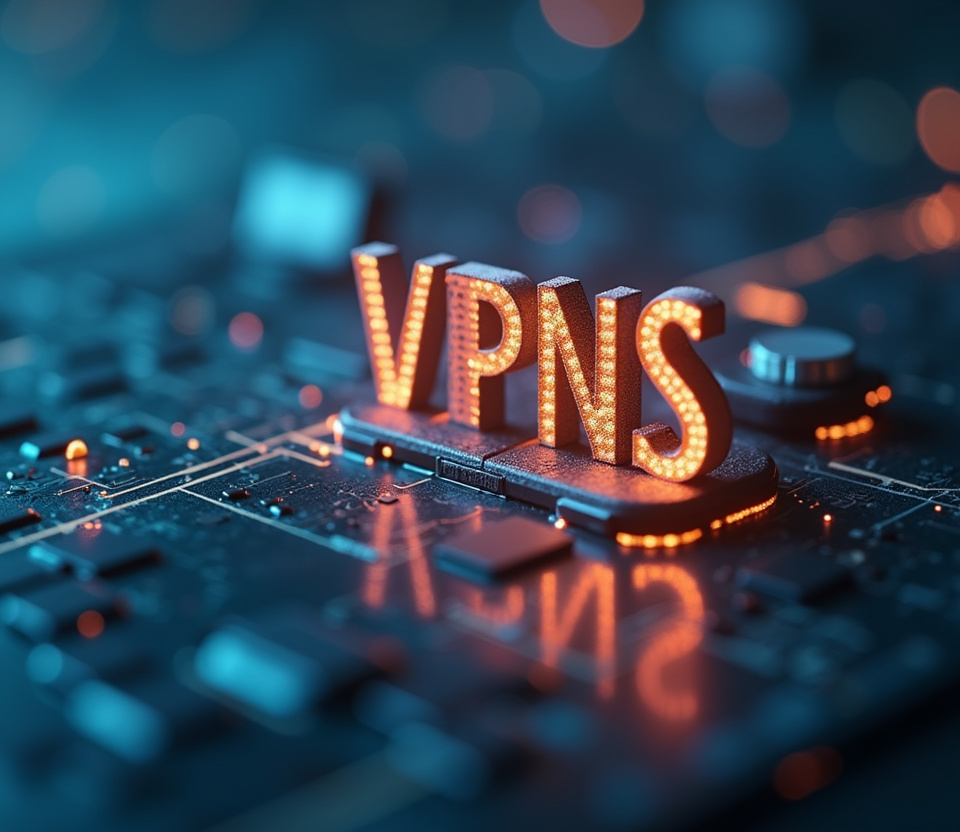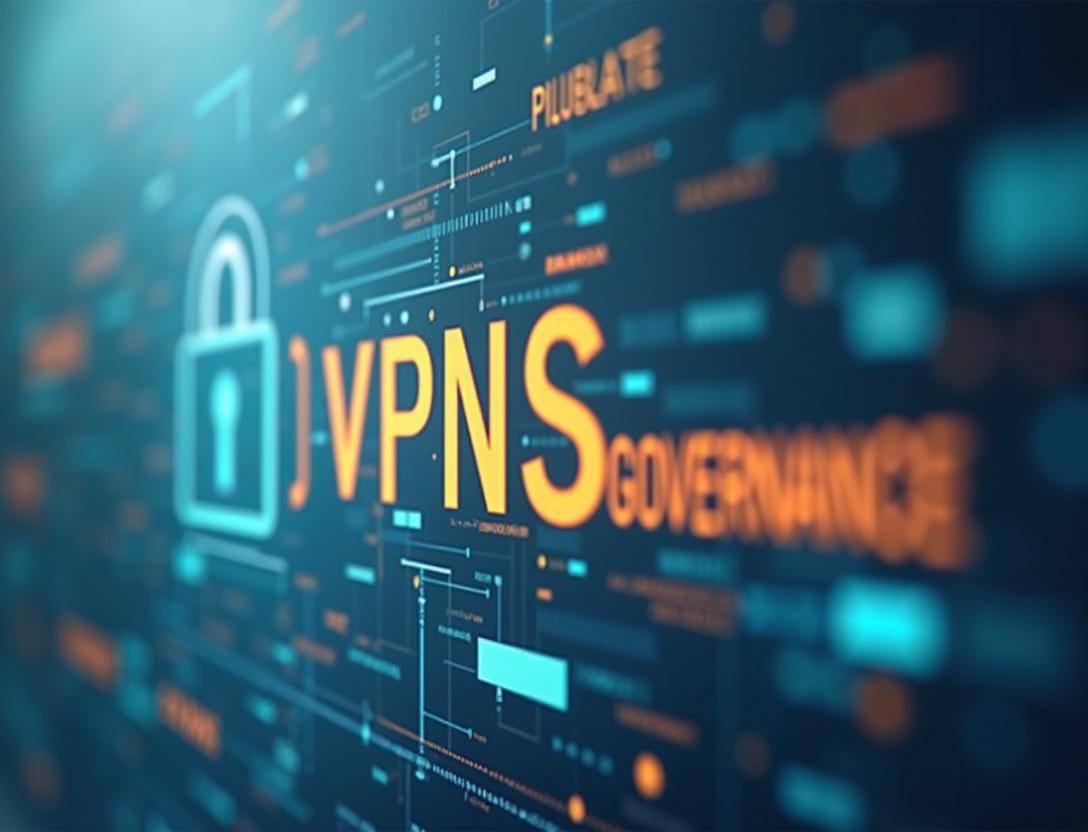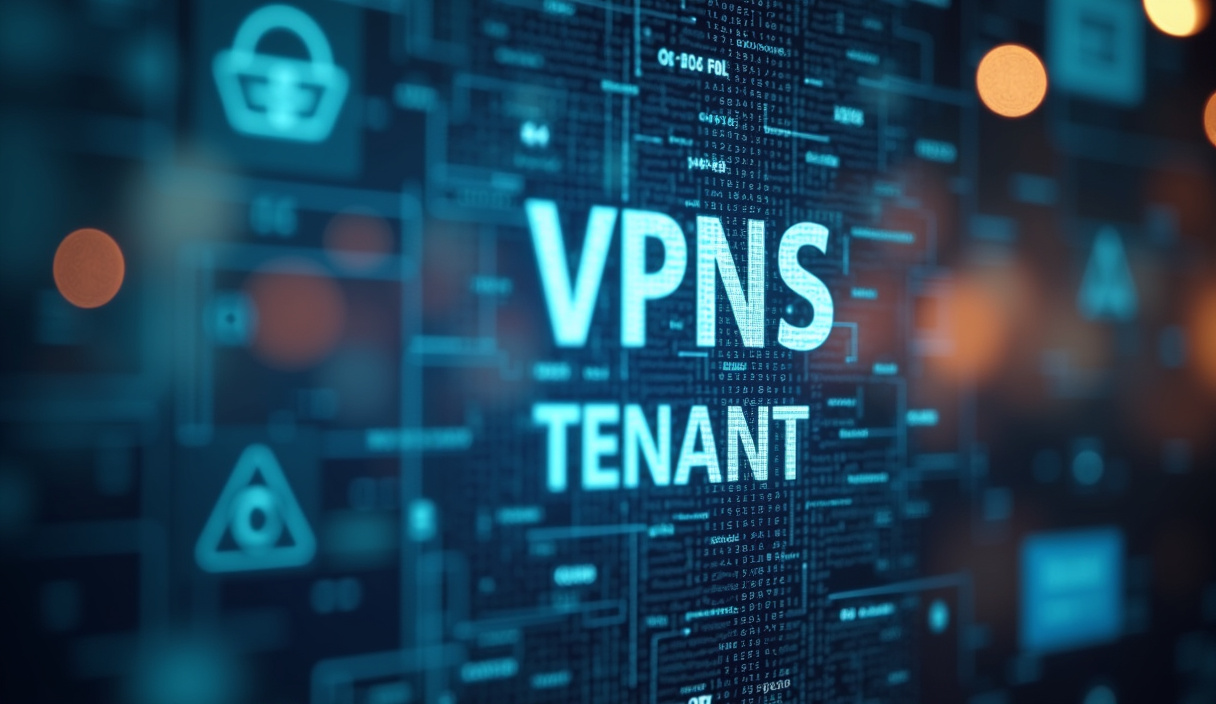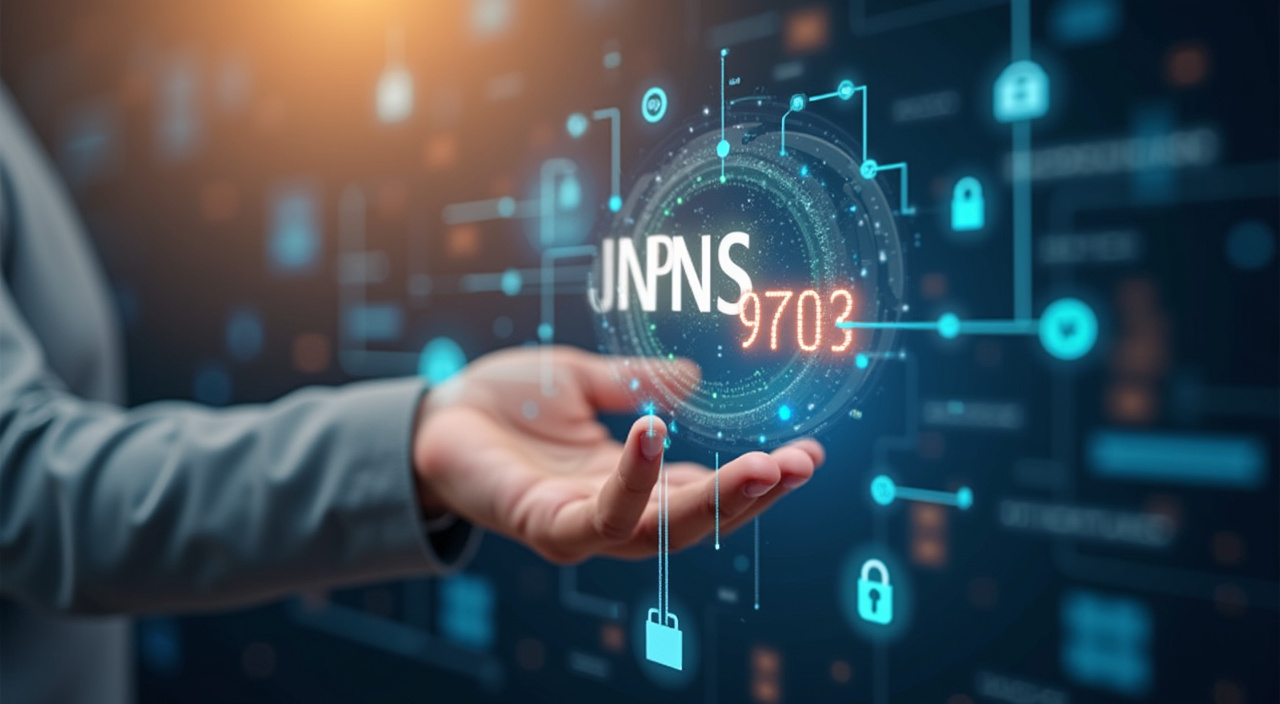VPNs for Humanitarian Missions: Securing Field Communications
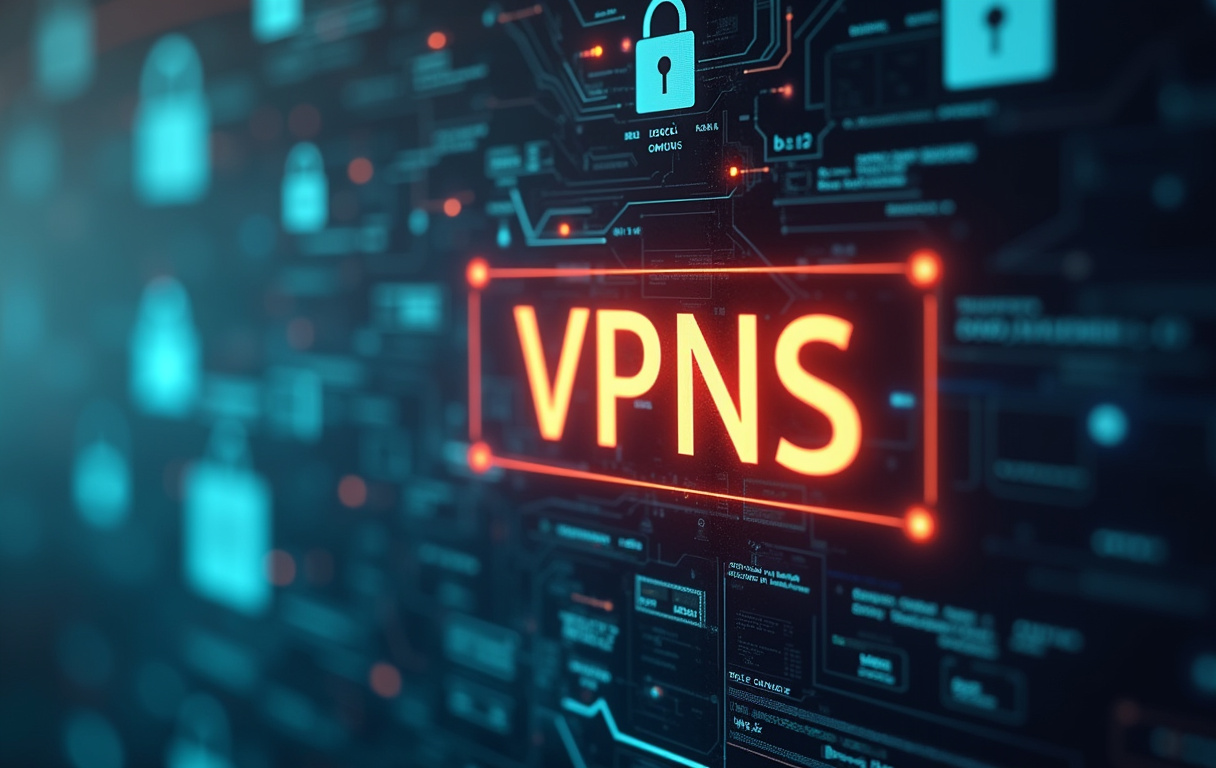
Table of Contents
Introduction: The Critical Need for Secure Communication in Humanitarian Work
In the intricate and often perilous landscape of humanitarian aid, effective and secure field communication stands as the bedrock of successful operations. Humanitarian missions, by their very nature, navigate volatile environments, handle sensitive information, and operate with profound ethical responsibilities. From delivering crucial supplies to providing medical assistance and coordinating relief efforts, the seamless flow of information is paramount.
However, this reliance on communication also presents significant vulnerabilities. In an age defined by pervasive digital connectivity and escalating cyber threats, the adoption of robust cybersecurity measures is not merely an option but an imperative. The digital realm, while offering unparalleled opportunities for connectivity and collaboration, also opens doors to malicious actors seeking to exploit weaknesses in communication infrastructure.
Breaches of security can have devastating consequences, ranging from the exposure of sensitive beneficiary data to the disruption of critical aid operations and even the endangerment of field personnel. Among these cybersecurity measures, Virtual Private Networks (VPNs) have emerged as a vital tool, providing a secure conduit for data transmission, bolstering operational safety, and safeguarding the interests of both aid workers and the vulnerable populations they serve. 'Humanitarian mission VPN' solutions are specifically tailored to meet the unique demands of these organizations, offering a crucial layer of protection against the myriad digital threats looming over their critical work.
These threats can range from simple eavesdropping on unencrypted communications to sophisticated cyberattacks designed to steal data or disrupt operations. Without adequate protection, humanitarian organizations are vulnerable to a wide range of risks that can compromise their effectiveness and jeopardize the safety of their work. This article delves into the multifaceted role of VPNs in humanitarian missions, examining their functionalities, benefits, and best practices for implementation, ultimately underscoring their indispensable contribution to the effectiveness and integrity of aid efforts worldwide.
We will explore how VPNs enable secure communication in challenging environments, protect sensitive data from unauthorized access, and enhance the overall operational safety of humanitarian missions. The discussion will also cover the practical considerations of selecting and implementing a VPN solution, including factors such as cost, ease of use, and compatibility with existing infrastructure. The criticality of 'data security' in these contexts cannot be overstated, with breaches potentially exposing sensitive beneficiary information, jeopardizing ongoing projects, and even endangering lives.
The data handled by humanitarian organizations often includes highly sensitive personal information, such as medical records, contact details, and information about vulnerable individuals. The loss or compromise of this data can have devastating consequences for those affected, potentially exposing them to exploitation, persecution, or other forms of harm. Therefore, understanding and leveraging the capabilities of VPNs is paramount for any humanitarian organization seeking to operate ethically and effectively in the modern digital age.
A robust VPN solution provides a secure and encrypted channel for transmitting this data, ensuring that it remains confidential and protected from unauthorized access. Furthermore, the concept of 'operational safety' is directly enhanced by secure communication channels, allowing for rapid response, discreet coordination, and the mitigation of risks in challenging environments. In many areas where humanitarian organizations operate, the security situation is volatile and unpredictable.
The ability to communicate securely and reliably can be the difference between a successful intervention and a catastrophic outcome. VPNs enable field teams to coordinate their activities, report security incidents, and request assistance without fear of their communications being intercepted by hostile actors. This enhanced security can significantly improve the effectiveness of aid operations and reduce the risk to field personnel.
Finally, for 'VPN for nonprofits', the affordability and ease of use are key considerations, making it essential to choose solutions that align with the resource constraints and technical capabilities of these organizations. Many nonprofits operate on limited budgets and may lack the technical expertise to manage complex security solutions. Therefore, it is crucial to select VPN solutions that are both affordable and easy to implement and use.
In addition, the VPN solution should be compatible with the organization's existing IT infrastructure and should not require significant training or technical support. In essence, a well-implemented VPN strategy is a cornerstone of responsible and effective humanitarian aid delivery in the 21st century. By prioritizing data security, operational safety, and the practical considerations of nonprofit organizations, humanitarian missions can leverage the power of VPNs to enhance their effectiveness and protect those they serve.
Understanding VPN Technology: How They Protect Sensitive Data
The core function of a VPN in a humanitarian context lies in establishing a secure and encrypted tunnel for data transmission. This is particularly crucial when field teams are reliant on potentially insecure public Wi-Fi networks or face the risk of surveillance in politically sensitive regions. Public Wi-Fi networks, commonly found in cafes, airports, and hotels, are notoriously insecure, lacking the robust encryption protocols necessary to protect data from interception.
Similarly, in regions with oppressive regimes, government surveillance can pose a significant threat to humanitarian organizations, potentially exposing their activities and endangering their personnel. A VPN works by creating a private network connection across a public network, masking the user's IP address and encrypting all data transmitted. This encryption process renders the data unreadable to unauthorized parties, including hackers, government entities, or malicious actors seeking to intercept communications or compromise sensitive information.
The technology behind VPNs involves sophisticated encryption algorithms that scramble data into an unreadable format during transmission and then decrypt it at the receiving end. This ensures that even if the data is intercepted, it cannot be deciphered without the correct decryption key. 'Field communication' often involves the exchange of sensitive data, including beneficiary information, medical records, logistical plans, and security assessments.
These communications may take the form of emails, instant messages, voice calls, or video conferences. Without the protection of a VPN, this data is vulnerable to interception and misuse, potentially leading to severe consequences for both the organization and the individuals it serves. For instance, compromised beneficiary data could expose vulnerable populations to exploitation or persecution, while leaked logistical plans could jeopardize the safety of aid workers in conflict zones.
Imagine a scenario where medical records are intercepted and used to identify and target vulnerable individuals, or where logistical plans are leaked to hostile groups, allowing them to ambush aid convoys. Therefore, the implementation of a VPN is not just a technological safeguard but an ethical imperative, ensuring the confidentiality and integrity of the information entrusted to humanitarian organizations. Aid organizations have a moral and legal obligation to protect the privacy and security of the individuals they serve.
Implementing a VPN is a tangible step towards fulfilling this obligation and demonstrating a commitment to ethical data handling practices. The benefits extend beyond mere data protection; a VPN also enhances 'data security' by preventing man-in-the-middle attacks, where malicious actors intercept communications between two parties. In these attacks, malicious actors position themselves between the sender and receiver, intercepting and potentially altering communications without either party's knowledge.
By encrypting the entire communication stream, a VPN makes it virtually impossible for attackers to eavesdrop or tamper with the data being transmitted. This is particularly important in situations where aid workers are communicating with headquarters or partner organizations, ensuring that sensitive information is not compromised during transit. For example, when transferring financial data or discussing sensitive security matters.
Moreover, VPNs can help to circumvent censorship and restrictions on internet access imposed by governments or other entities. In many regions where humanitarian organizations operate, internet access may be limited or subject to surveillance. Governments may block access to certain websites or social media platforms, or they may monitor internet traffic to identify and track dissidents.
A VPN allows aid workers to bypass these restrictions, ensuring access to critical information and enabling them to communicate freely with the outside world. This can be particularly important for reporting human rights abuses, coordinating relief efforts, or accessing vital resources online. The ability to access uncensored information and communicate securely is essential for humanitarian organizations to carry out their mission effectively and advocate for the rights of vulnerable populations.
In essence, the 'humanitarian mission VPN' acts as a shield, protecting vital communications and data from a wide range of threats, thereby enabling aid workers to carry out their mission safely and effectively. By providing a secure and encrypted channel for data transmission, a VPN enables humanitarian organizations to operate with greater confidence and security in challenging and often dangerous environments. The VPN becomes an indispensable tool, a digital lifeline ensuring continuity and safety in the pursuit of humanitarian goals.
Implementing VPNs in the Field: Overcoming Challenges and Best Practices
Beyond data protection, VPNs play a critical role in enhancing the 'operational safety' of humanitarian missions. The often-unpredictable nature of field operations introduces a spectrum of risks, from physical threats in conflict zones to surveillance in politically unstable regions. A secure and reliable communication network becomes paramount in navigating these challenges, ensuring the safety and effectiveness of humanitarian personnel.
By masking the user's IP address and encrypting their location data, a VPN makes it more difficult for malicious actors to track or identify aid workers in the field. This is particularly important in conflict zones or areas where humanitarian organizations may be targeted by hostile groups. The ability to maintain anonymity online can significantly reduce the risk of abduction, harassment, or other forms of violence.
Imagine a scenario where a local group is actively monitoring the online presence of humanitarian workers to discover logistic locations in order to ambush them. Furthermore, VPNs can help to protect against phishing attacks and other forms of social engineering, which are increasingly used to target humanitarian organizations. These attacks often involve deceptive emails or websites designed to trick users into revealing sensitive information, such as login credentials or financial data.
By encrypting all internet traffic, a VPN makes it more difficult for attackers to intercept login credentials or other sensitive information. This is particularly important for aid workers who may be using personal devices or accessing email and other online services from insecure locations. Without the presence of a VPN they may log in to their emails with banking information with the potential risk of being intercepted.
In addition to protecting individual aid workers, VPNs can also help to safeguard the organization's overall security posture. By implementing a centralized VPN solution, humanitarian organizations can ensure that all employees and volunteers are using a secure and encrypted connection when accessing sensitive data or communicating online. This reduces the risk of a single compromised device or account jeopardizing the entire organization's security.
A centrally managed VPN allows the IT department of organizations for a higher degree of control over their data as well as more protection overall. Moreover, VPNs can provide valuable insights into network traffic and security threats. By monitoring VPN usage, organizations can identify suspicious activity, detect potential breaches, and take steps to mitigate risks.
This proactive approach to security can help to prevent cyberattacks and protect against data loss. The use of a 'VPN for nonprofits' is not just about technology; it's about implementing a comprehensive security strategy that prioritizes the safety and well-being of aid workers. This includes providing training on cybersecurity best practices, establishing clear policies for VPN usage, and regularly monitoring the network for potential threats.
Training programs should educate aid workers on the risks of using public Wi-Fi, recognizing phishing emails, and best practices for protecting their devices and accounts. Clear policies should outline when and how to use the VPN, as well as guidelines for handling sensitive data. Regular monitoring of the network can help to identify suspicious activity and detect potential breaches, allowing the organization to respond quickly and effectively.
By taking a holistic approach to security, humanitarian organizations can ensure that they are doing everything possible to protect their personnel and data in the field. In essence, the VPN acts as a security blanket, providing a crucial layer of protection against the myriad threats facing humanitarian organizations in today's complex and dangerous world. The ability to communicate securely and coordinate activities without fear of surveillance or interception can significantly enhance the safety and effectiveness of aid operations.
The VPN provides a sense of security and allows personnel to focus on delivering aid without unnecessary concerns about their own safety. The key is ensuring best practices are in place for maximum operational safety.
VPNs for Services: Enhancing Security and Privacy of Online Platforms
Selecting and implementing the right VPN solution for a humanitarian mission requires careful consideration of several factors. Understanding the specific needs and constraints of the organization, as well as the technical capabilities of its personnel, is essential for making informed decisions. Cost, ease of use, and compatibility with existing infrastructure are critical considerations for 'VPN for nonprofits', which often operate on limited budgets and may lack extensive IT expertise.
Free VPN services should be approached with caution, as they may lack the necessary security features or may even collect and sell user data, compromising privacy rather than protecting it. While they might seem attractive in the initial phase because of the budget, its extremely important to notice the long therm risks that are connected to free VPN services. A more appropriate approach is to seek out reputable VPN providers that offer discounted rates or free licenses to nonprofit organizations.
Many providers recognize the important work of humanitarian organizations and are willing to support them by providing affordable access to their services. In terms of ease of use, the VPN solution should be intuitive and user-friendly, requiring minimal technical expertise to install and configure. Aid workers in the field often face challenging conditions and may not have the time or resources to troubleshoot complex technical issues.
A VPN solution with a simple interface and clear instructions can significantly reduce the burden on field personnel and ensure that they can easily access the secure network when needed. Compatibility with existing infrastructure is another important consideration. The VPN solution should be compatible with the operating systems and devices used by aid workers, as well as the organization's existing network infrastructure.
Incompatibility can lead to technical challenges and increased support costs. Before deploying a VPN solution, it's essential to conduct thorough testing to ensure that it works seamlessly with the organization's existing systems. Beyond the technical aspects, establishing clear policies for VPN usage is crucial.
These policies should outline when and how to connect to the VPN, what types of data can be transmitted over the secure network, and what security precautions to take when using the VPN. Training programs should be conducted to educate aid workers on these policies and best practices. Furthermore, it's essential to regularly monitor VPN usage to detect any suspicious activity or potential security breaches.
By monitoring network traffic, organizations can identify unauthorized access attempts, malware infections, or other security threats. Proactive monitoring can help to prevent data loss and protect against cyberattacks. Another critical aspect is choosing a VPN provider that prioritizes 'data security' and adheres to strict privacy policies.
Look for providers that use strong encryption protocols, have a no-logs policy, and are based in countries with strong data protection laws. A no-logs policy means that the VPN provider does not collect or store any information about user activity, ensuring complete privacy and anonymity. In addition, the provider should have a proven track record of security and reliability, and should be transparent about its security practices.
Regular security audits can help to verify the provider's security claims and identify potential vulnerabilities. Finally, consider the 'operational safety' implications of the VPN solution. The VPN provider should have a robust infrastructure with multiple server locations, ensuring that the service remains available even in the event of a network outage or cyberattack.
In addition, the provider should offer features such as a kill switch, which automatically disconnects the user from the internet if the VPN connection drops, preventing unencrypted data from being transmitted. By carefully considering these factors and selecting the right VPN solution, humanitarian organizations can significantly enhance their security posture and protect their personnel and data in the field, ultimately enabling them to carry out their mission more effectively.
In conclusion, VPNs have become an indispensable tool for humanitarian missions, offering a critical layer of 'data security', enhancing 'operational safety', and facilitating secure 'field communication' in challenging environments. As humanitarian organizations increasingly rely on digital technologies to carry out their work, the need for robust cybersecurity measures has never been greater. The selection and implementation of a VPN solution, tailored to the specific needs and constraints of the organization, is a crucial step in protecting personnel, data, and ultimately, the vulnerable populations they serve.
The initial perception of implementing a VPN solution can be overwhelming, however, it is important to keep in mind the variety of options that humanitarian actors have for them to ensure safe communications. From easy to use software, to provider offerings with a special discount for nonprofits. The benefits of using a 'humanitarian mission VPN' extend far beyond mere technical advantages.
By providing a secure and encrypted channel for data transmission, VPNs enable aid workers to communicate freely and
Stay Updated
Get the latest VPN news, tips, and exclusive deals to your inbox.
